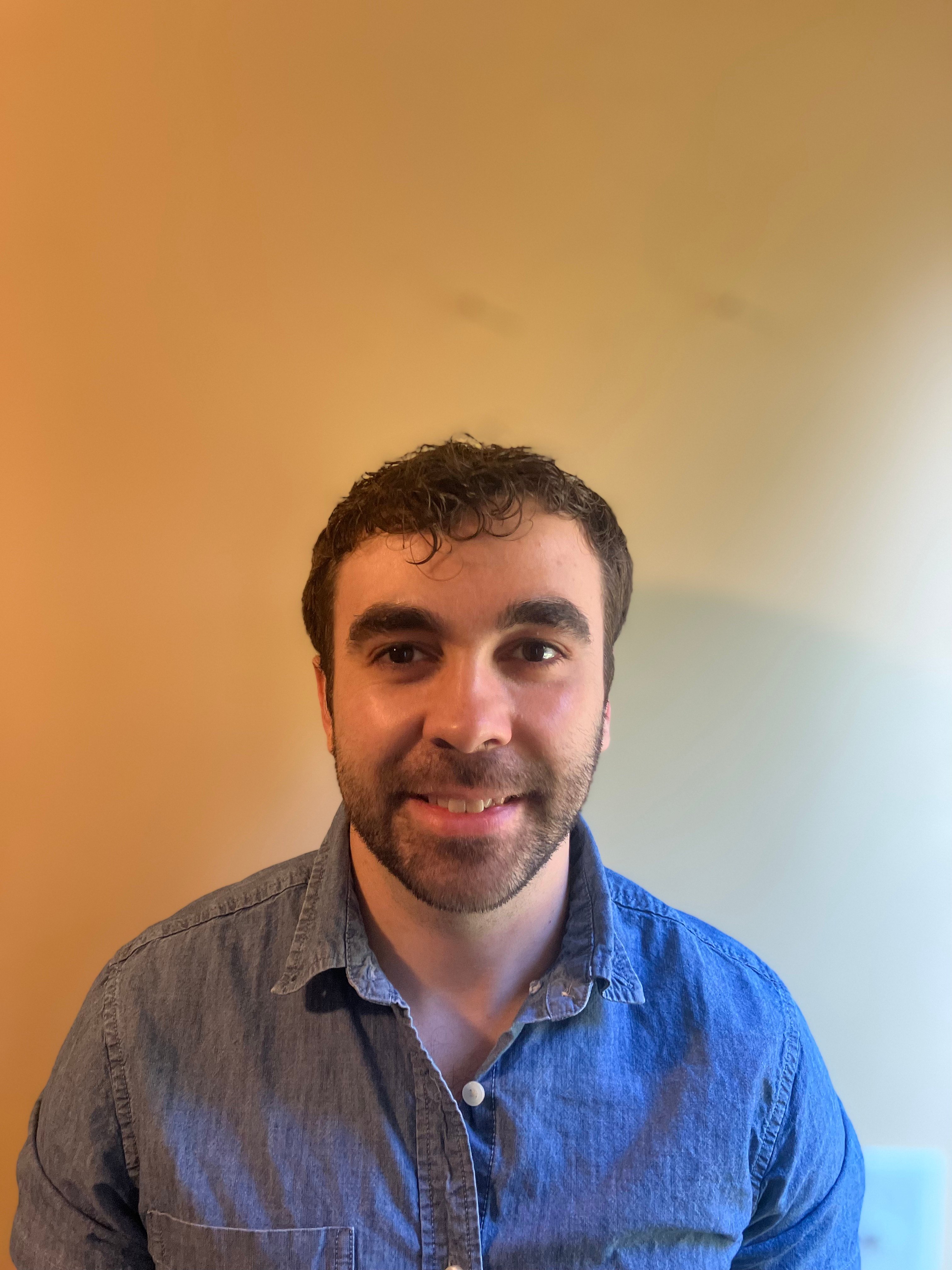In many ways, peer-reviewed publications are the currency of academia. Your list of publications over your career may very well be the deciding factor in whether you receive tenure as a professor. If you are a PhD student, your research group may set strict requirements on the number of publications you have before you graduate (often three first-author publications). As I delved deeper into my graduate studies, I became aware of all the professors with hundreds of publications. I figured that once you completed the research, the publishing process would be straightforward and simple.
I was wrong.
After about a year or two of conducting research on the incompressibility of our model for fluid-structure interaction, I had enough results that my PhD advisor and I agreed to write a paper for a journal. I wrote my first draft and sent it to my advisor for review. He sent back a heavily marked-up copy. At the very top, he had crossed out his own name! He was so ashamed of my work, he did not want to be associated with it!
Or, so I thought. He had crossed out his name and replaced it with his first and last name, but included his middle initial. Whew! The remainder of the paper was similarly marked up, a stitch work of reds and blues indicating what I thought to be his disapproval. Beyond that, there were many comments in the margins suggesting deeper content-related changes. I quickly implemented all his suggestions and sent the copy back to him by email. He soon sent back another marked-up copy with more changes to make.
This dance proceeded for a few more months, until we finally had a copy we were ready to submit to the journal of Computer Methods in Applied Mechanics and Engineering. Finally, I had submitted my first paper! The journal’s website said the wait time would be around a month. I eagerly waited that one month. And then another. And another. Then another. Then I stopped waiting.
Eventually after nearly a year of waiting and not-waiting, we got our first reviews back and… it was rejected? A few of the reviewers had some fair criticism; they mostly addressed issues with presentation of the figures, but also suggested some things we should have included. But there was one reviewer who seemed to think our paper was heresy.
The review process being anonymous, we had no idea who this person was. We could only surmise that they must have come from a competing lab. In any case, we were allowed to re-submit, so long as we could finish our revisions within a month. A month?! A month was not enough time to, say, generate new figures, run more simulations, or come up with a sufficient counter argument to the views of that anonymous researcher who likely had more experience than me! Nonetheless, I charged forward, and as the deadline approached, I began to realize I was not going to make it. Accordingly, we asked for an extension, which was granted.
I worked tirelessly, balancing new research projects and editing this paper, until we reached that new deadline. This time we made it. I had felt confident about the first version, but I felt even better about this one. We submitted right before the fall semester ended. I could rest easy for a bit, knowing there was no way it would be rejected again.
Well, it was indeed rejected again a month later. That troublesome reviewer still gave us a hard time. Now they said we did not even make an effort to address their concerns! Thankfully ,my advisor acknowledged the absurdity of the situation and helped me devise a plan of attack. After generating more figures and running more simulations, we submitted a third time.
A month later, we got the good news: it was accepted! However, that one reviewer just had to leave their commentary. They said that they were satisfied with the paper as is, but would not be re-reviewing it any further. After all, according to them at least, the content of our paper was a “numerical trick” that had been around for years. Yet, in the earlier reviews they had acted as if we were trying to disprove gravity.
Still, we had made it across the finish lines. A bittersweet victory, at last!

Comments